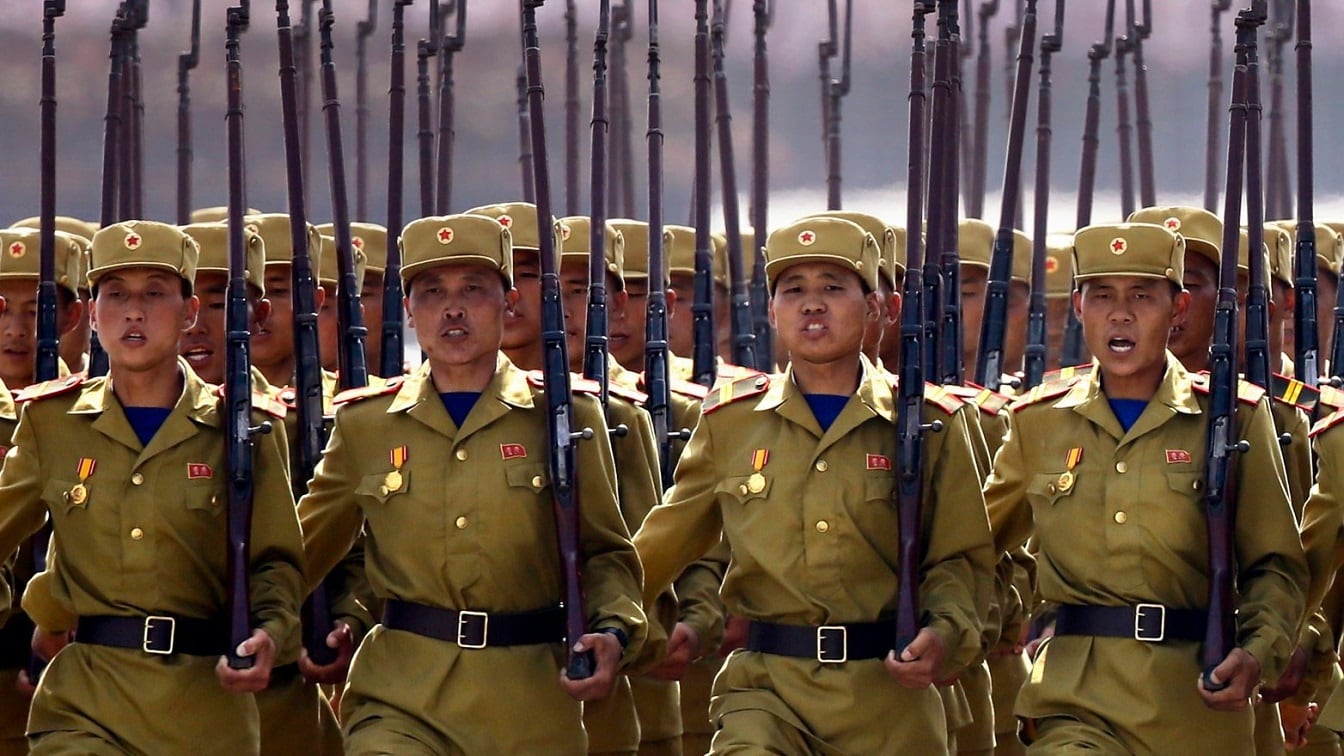COVID-19 Pandemic Finally Hits North Korea – Following the outbreak of COVID-19, trade between China and North Korea collapsed as the Kim family essentially isolated the DPRK from the outside world. It threw North Korea’s struggling economy into chaos, leading to one of its worst crises since its founding. The government was forced to shut down its small tourism industry, which generated somewhere between $30-$44 million in 2014, and take additional measures to prevent the virus from entering the country – including completely shutting its borders.
The country’s leaders repeatedly claimed, however, that not a single case of COVID-19 had been observed and that the situation was under control. In June last year, Pyongyang told the World Health Organization that after testing more than 30,000 people for COVID-19, not a single case had been found.
The claims have long been met with suspicion, but the recent news that North Korea is dealing with a rapid spread of the virus suggests that there could have been some element of truth to the claims.
Kim Jong Un Declares “Greatest Turmoil”
On Saturday, secretive North Korean dictator Kim Jong Un said that COVID-19 had plunged the country into its “greatest turmoil” since its founding.
KCNA, the official North Korean news agency, said that Kim met with the ruling communist Workers’ Party of Korea to discuss how to control the spread of the disease. The news follows reports of at least 21 deaths caused by the virus on Friday.
On Thursday, North Korea announced its first COVID-19 death, and at least 174,400 infections have also been reported nationwide.
During the politburo meeting on Saturday, Kim told government officials that the situation is the “greatest turmoil since the country’s founding” and said that the government must “study well the epidemic prevention policies of China.” He also encouraged a “no COVID” policy.
Under such a policy, North Korea will likely pursue zero-COVID cases nationwide through strict, authoritarian measures. In China, the zero-COVID approach has seen citizens barricaded in their homes and blocked from leaving for weeks.
With a struggling medical system and no infrastructure to distribute vaccines or therapeutics, a zero-COVID policy is likely North Korea’s only option for preventing or reducing widespread death and severe illness.
While North Korea claims to offer a comprehensive, free healthcare system, studies have repeatedly shown that citizens of the country are left without access to basic care and treatment.
A study published in June of 2020 offered an insight into North Korea’s healthcare system and the overall health of its citizens. The study asked North Korean refugees settling in South Korea about their experiences with illness and healthcare in North Korea, with little more than half of the respondents revealing that they received treatment for their most recent illness episode.
Two years behind the rest of the world, North Korea now faces a health crisis on top of a food shortage and a struggling economy.
Jack Buckby is a British author, counter-extremism researcher, and journalist based in New York. Reporting on the U.K., Europe, and the U.S., he works to analyze and understand left-wing and right-wing radicalization, and reports on Western governments’ approaches to the pressing issues of today. His books and research papers explore these themes and propose pragmatic solutions to our increasingly polarized society.

